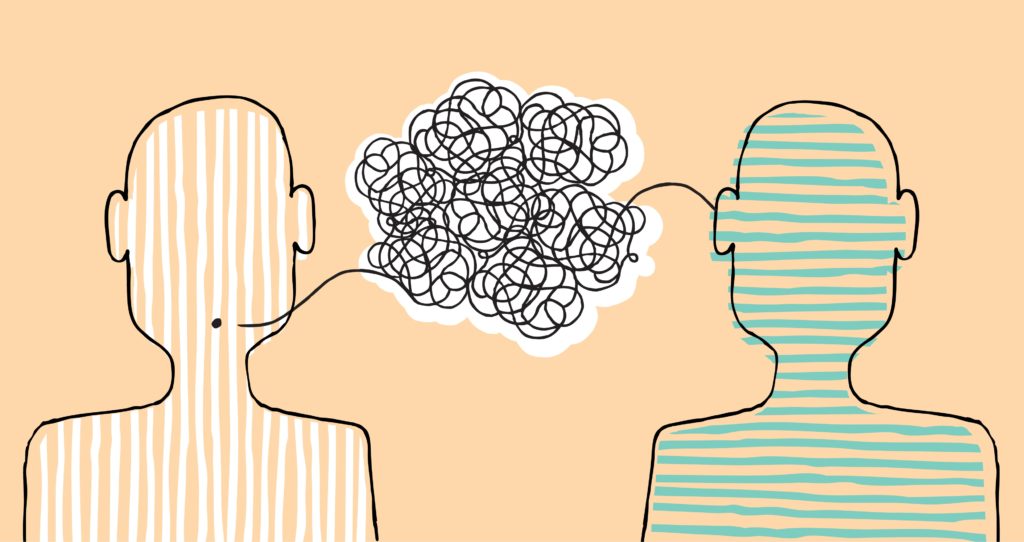
Politics of Language in India – Old Game of the Fundamentalists
India saw many debates over how the states should be constituted. Unlike the USA, Indian states can be reorganized, renamed, added to one another, and subtracted from one another. Indian states are the creation of the Central Government and not the other way round. The scheme suggested by Babasaheb Ambedkar was “One state, one language” and not “One Language, One state”. In India, therefore, we can have several states having a single official language. For example, now we have Andhra Pradesh and Telangana having the same spoken language, Telugu, interestingly Andhra Pradesh was the first state that came into being after the great debate.
The languages have the power to create nationalism. It is a powerful device to forge a country, we just need to look at the world map and how languages and nationalisms are intertwined is clearly visible. India which is the home of 16 percent of the humanity is similarly divided by the languages and languages have played role in Indian politics, but certainly not in making India what it is today: democratic and sovereign, whose independence is not based on religion or languages, but on the values which are universal in nature and practice.
However, the RSS/BJP ideologues are always trying to find ways to create divisions in India (internally) and forge artificial unity vis a vis external forces and factors. In the case of language, the RSS/BJP tries to portray “English” as the enemy language. Their ideologies advocate different positions at different times, but within those positions, the device is the same: divided on the basis of internal differences and manufacture unity on the basis of external factors (religion, languages, threats across the borders).
They have been arguing against the English language and in favor of Hindi language. This is an untenable proposition as India is not one language reality, it has many languages spoken within its borders. Deen Dayal Upadhyay, the founder of the BJP, wanted to impose “Swabhasha” (One’s own language) and he was ready to jettison “Subhasha” (Good Language). It is the strange logic because it is very difficult to define what is “Swa”-self when we constitute the nation as We. The Brahminism is always obsessed with “Self”: very abstract Atma-Parmatma diad, which does not take the human society into consideration for human liberation. For the Brahminised Hinduism, the self is fixed and it does not change. It can only be arranged in the hierarchical scheme with Brahmin self at the top.
What we need is neither Swabhasha nor Subhasha, we need the language that works and solves the problems. If there is any language that has emerged as the global language, it is English and it is no longer a colonial language, it has become a universal language and it has a power to lift the countries out of ignorance. English gave India what its religion could never give and the development we saw in India last decade is due to two factors and advantages that Indians had English and Mathematics. Now it seems that that comparative advantage is also dwindling as China has emerged as English speaking country and people world over is flocking in Shanghai to learn mathematics. India’s fundamentalists are retarded lot and they care for narrow interests of the Brahmins. The Brahmins can learn anything, but not the majority of the Indians who are lower classes, they must only learn in the vernacular languages with a vernacular worldview, while the Brahmins must advance.
It is time India should accept the reality of the changing time and not get caught in the distorted vision of the world so vehemently propagated by likes of Modi and his parental organization, RSS, which is dragging India into the dark age.
Author – Mangesh Dahiwale, Human Rights Activist



+ There are no comments
Add yours